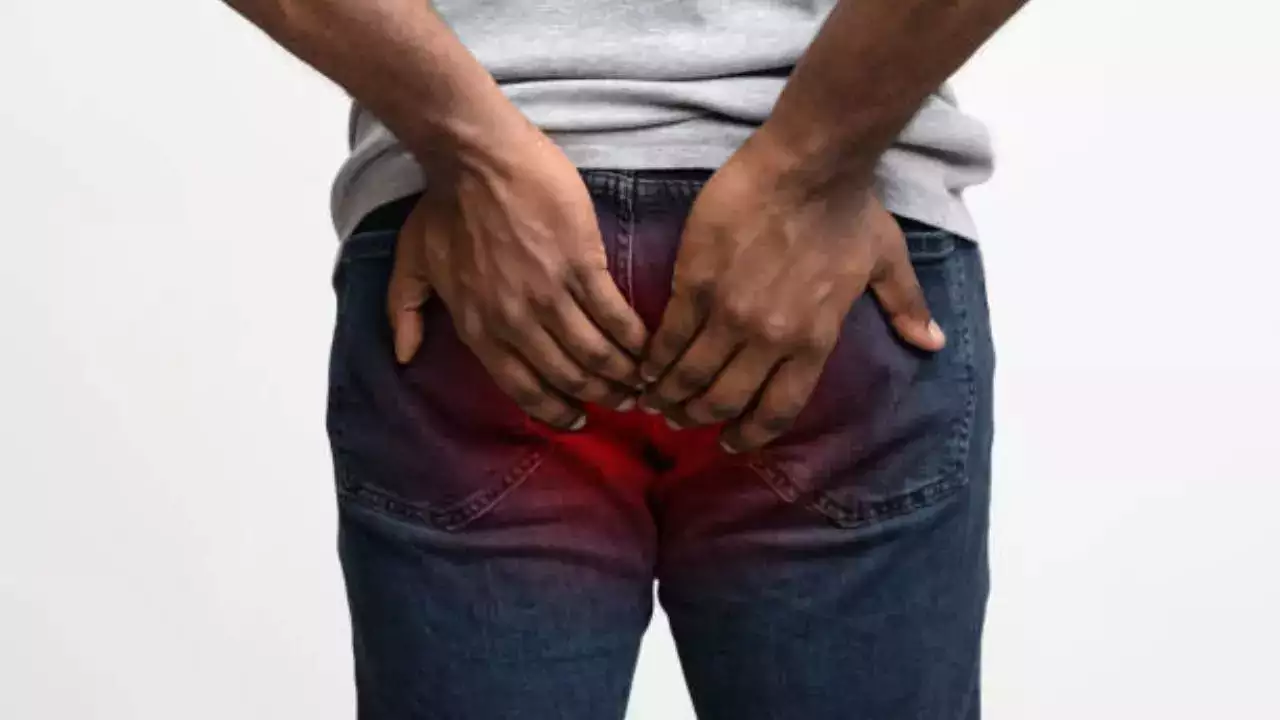
Apart from bloating, fullness, and constipation, holding in poop also causes distention of the rectum
In busy lives today, many people – who do not get enough time to spend in the toilet in the morning are falling prey to an increasingly common phenomenon known as ‘voluntary withholding’ where the natural urge to go to poop gets ignored.
Several experts have said while it is most common among office workers - especially young women - who may not want to use the office toilets due to hygiene concerns, it can wreak havoc with their health.
How does holding your poop cause health issues?
And so, when it becomes convenient in their home environment, they may sit on the toilet and try and push even though they do not have the urge to empty their bowels anymore. And so, it ends in disappointment as the moment has passed.
Studies say mostly people who do this often develop a host of uncomfortable and dangerous symptoms due to their bowel habits being disrupted. Apart from bloating, fullness, and constipation, holding in poop also causes distention of the rectum.
What is distention of the rectum?
According to experts, distention of the rectum, also known as rectal prolapse happens when part of the large intestine's lowest section - the rectum - slips outside the muscular opening at the end of the digestive tract known as the anus.
It causes intense pain and discomfort.
Repeatedly using your muscles to push stool back into the rectum and colon can cause you to lose a sense of feeling in the rectum. This can also lead to fecal incontinence, which means you are unable to hold in your poop at all.
Hamorrhoids and heart attacks
Doctors say It also causes fissures around the anus along with painful splits in and hemorrhoids. In the elderly, it can even be dangerous as excess strain raises blood pressure, leading to a heart attack or a stroke.
The study says there has been at least 27 per cent increased risk of heart disease in hemorrhoid patients after treating complications. Factors that cause the development of heart disease are more common in hemorrhoid patients. Many theories can explain the risk of heart disease in people with hemorrhoids.
Ways to practice clean bowel movements
You can practice clean bowel movements by taking care of a few things, including:
- Keep the stool soft through a diet high in fibre, fruit, and vegetables
- Limit dairy, pasta, bread, and bananas
- Make sure to drink at least 7-8 glasses of water every day
- Go to the bathroom several times per day even if you do not have the urge
- Exercise regularly
Get Latest News Live on Times Now along with Breaking News and Top Headlines from Health and around the world.

